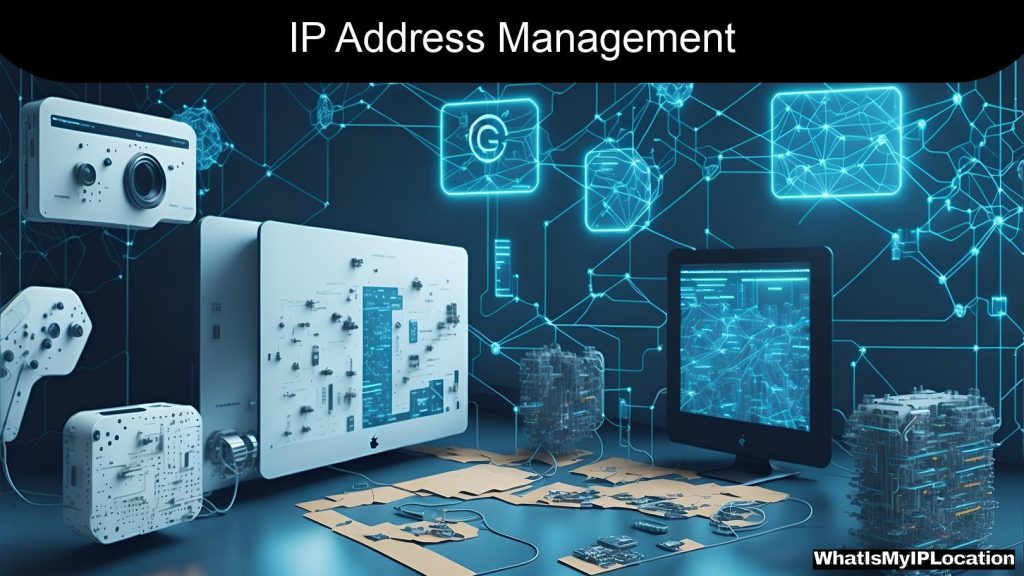VPNs provide secure, encrypted connections for privacy and bypassing geo-restrictions, while proxies offer basic anonymity without encryption. TOR enhances privacy through a decentralized network, making it ideal for anonymous browsing but often slower than the other options.
When it comes to online privacy and security, you’ve probably heard a lot about VPNs, proxies, and TOR. But what do they all mean, and how do they stack up against each other? Let’s break it down in a way that’s easy to understand, so you can figure out which one might be right for you.
What Are VPNs, Proxies, and TOR?
VPNs (Virtual Private Networks)
A VPN is like a secure tunnel for your internet connection. When you use a VPN, your data is encrypted and sent through a server in another location. This means your online activities are hidden from prying eyes, like hackers or even your internet service provider (ISP). Plus, it can help you access content that might be blocked in your region.
Proxies
Proxies act as intermediaries between your device and the internet. When you use a proxy, your requests go through the proxy server first, which then fetches the data for you. While proxies can help you hide your IP address, they don’t encrypt your data, so they’re not as secure as VPNs.
TOR (The Onion Router)
TOR is a bit different. It’s a network that bounces your internet traffic through multiple servers (or nodes) around the world, making it super hard to trace back to you. It’s great for anonymity, but it can be slow because of all the extra hops your data takes. Plus, it’s often used for accessing the dark web, which can be a bit risky.
Key Differences Between VPNs, Proxies, and TOR
1. Security
- VPNs: High security with encryption. Great for protecting your data.
- Proxies: Basic privacy but no encryption. Not ideal for sensitive information.
- TOR: Excellent anonymity but can be slow. Best for those who need to stay hidden.
2. Speed
- VPNs: Generally fast, but speed can vary based on the server you choose.
- Proxies: Usually faster than VPNs since they don’t encrypt data.
- TOR: Slower due to multiple layers of encryption and routing.
3. Ease of Use
- VPNs: User-friendly apps make it easy to connect.
- Proxies: Simple to set up, but you might need some tech know-how.
- TOR: Requires downloading the TOR browser, which can be a bit tricky for beginners.
4. Cost
- VPNs: Often require a subscription, but there are free options with limited features.
- Proxies: Many free options available, but they might not be reliable.
- TOR: Free to use, but you might need to invest in a good VPN for added security.
When to Use Each Option
When to Use a VPN
If you’re looking for a reliable way to protect your online activities, especially when using public Wi-Fi, a VPN is your best bet. It’s perfect for streaming content from different regions, downloading files securely, or just browsing the web without worrying about being tracked.
When to Use a Proxy
Proxies are great for simple tasks like bypassing geo-restrictions on websites or accessing content that’s blocked in your area. However, if you’re handling sensitive information, you might want to think twice about using a proxy since it doesn’t offer encryption.
When to Use TOR
If you’re really serious about anonymity and privacy, especially for sensitive activities, TOR is the way to go. It’s often used by journalists, activists, and anyone who needs to keep their identity under wraps. Just be prepared for slower speeds and a bit of a learning curve.
Pros and Cons of Each Option
VPNs
Pros:
– Strong encryption for security
– Easy to use
– Good for streaming and bypassing restrictions
Cons:
– Can be pricey
– Some free options may have limitations
Proxies
Pros:
– Often free and easy to set up
– Good for basic tasks
Cons:
– No encryption, so less secure
– Can be unreliable
TOR
Pros:
– Excellent anonymity
– Free to use
Cons:
– Slower speeds
– Can be complicated for new users
FAQs
1. Can I use a VPN and TOR together?
Yes! Using a VPN with TOR can add an extra layer of security. Your data is encrypted by the VPN before it even reaches the TOR network, making it harder to trace.
2. Are free VPNs safe?
Not all free VPNs are safe. Some may log your data or sell your information. It’s best to do your research and choose a reputable provider.
3. Can I be tracked while using a proxy?
Yes, since proxies
